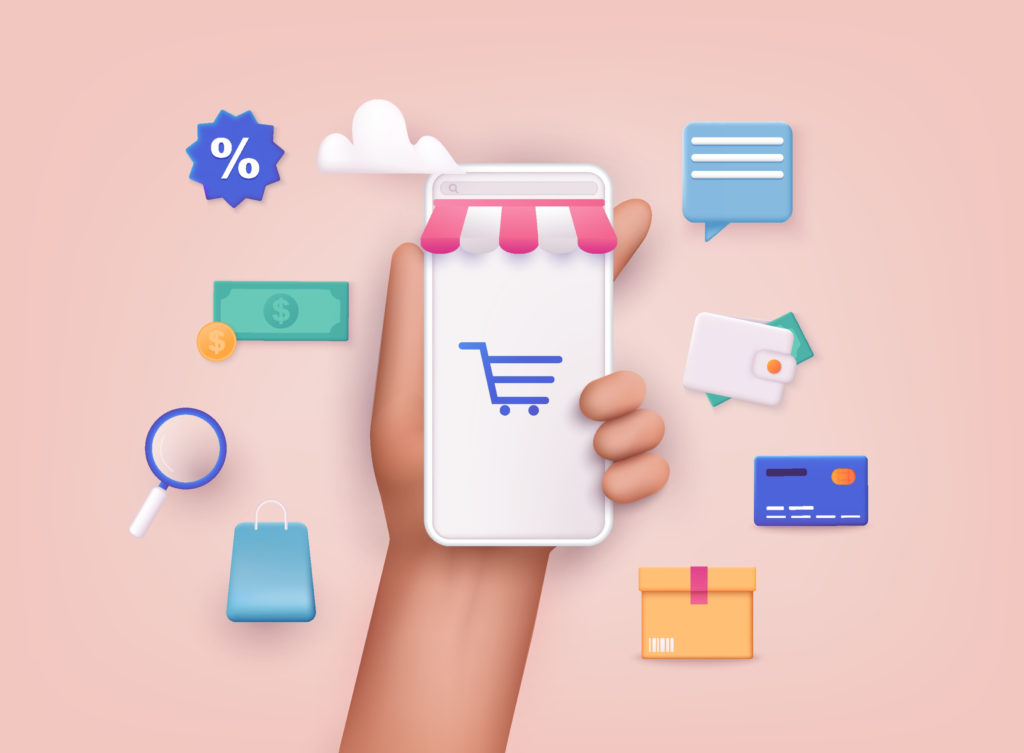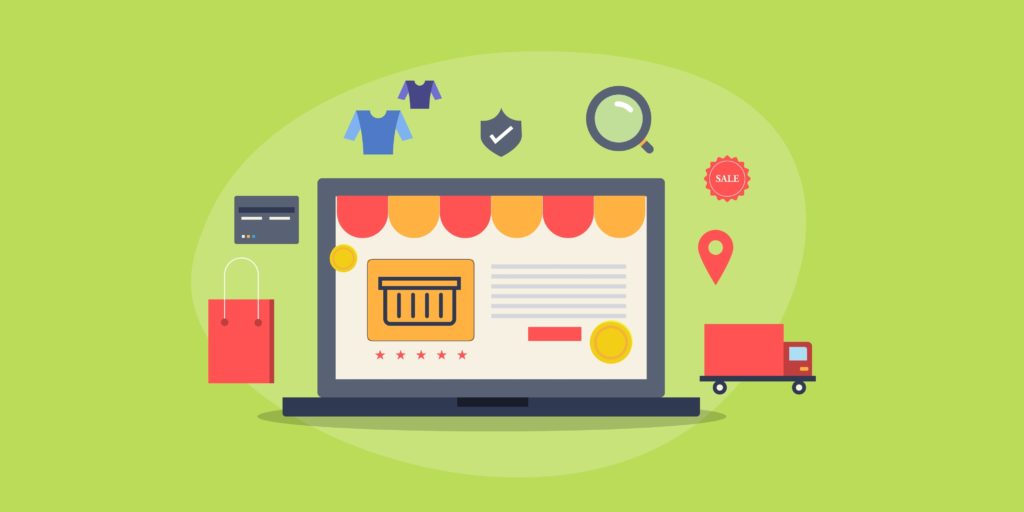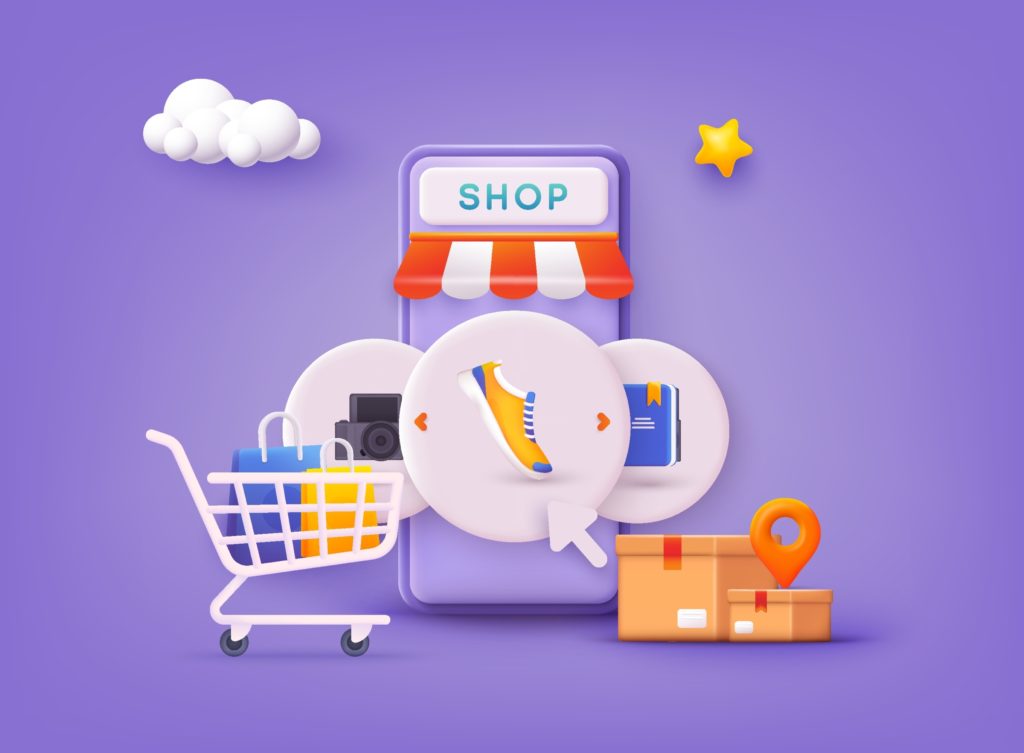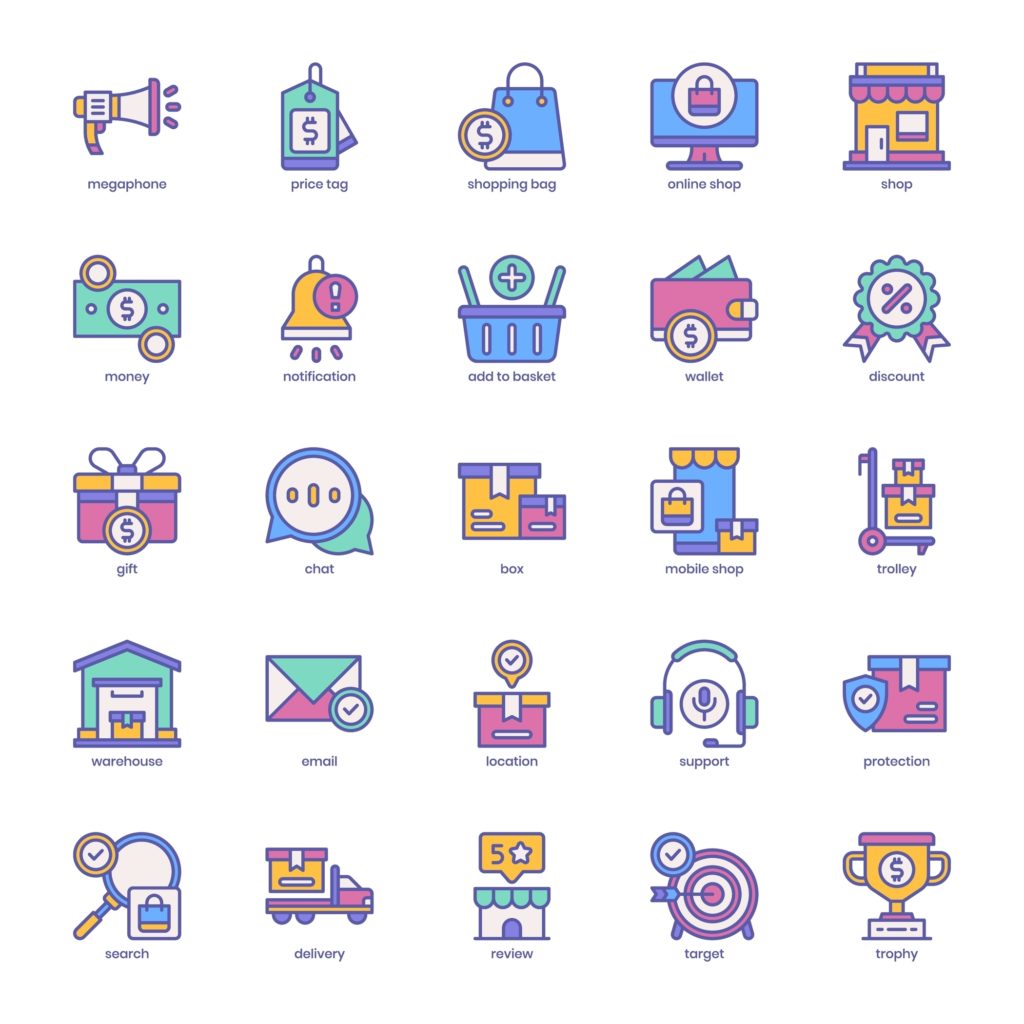LogiCommerce is trusted by global enterprise brands and wholesalers, across industries
In most cases we usually talk about the differences between an eCommerce and a Marketplace, but little is said about how we can get the maximum potential out of a business if we expand it through a multichannel strategy.
It's clear that an eCommerce is defined as an online store in which the owner is the only seller on the platform, and we understand that a Marketplace is also an online store, but in which several sellers are offering their products on the same platform.
If we analyze it in this way, we can conclude that a Marketplace is the "extension" of an eCommerce. Although there are several differences between them, we cannot consider them two opposite concepts.
According to IAB Spain's Studio eCommerce 2022', the penetration of Internet shopping grew to 76% of Spanish Internet users between 16 and 70 years old, which means that 25.8 million people are already online shoppers. So, what if we use the benefits of both sales channels to increase our revenue?
Contents
Less Headaches
With a Marketplace, you don't have to worry about contacting intermediaries, infrastructure, or the logistics necessary for the proper functioning of any online store, since all these aspects are taken care of by them. Although, we must emphasize that they do so in exchange for a commission for each sale. Therefore, each store will have to evaluate if this option is more or less profitable according to the different characteristics that correspond to each business.
Ability to reach more users
As a general rule, Marketplaces cover a wider audience. It’s a simple and fast way to reach more users in less time. It is also a way to open up to new international markets.
Positioning and reputation
Usually, those platforms are in the top positions in search engines and are characterized by a very good reputation. Marketplaces invest a lot in advertising and SEO positioning, it's easier for a brand to be more exposed if it is in one of them. It’s an opportunity to create Brand Awareness as they are usually very active on several platforms.
Trust and loyalty
In a Marketplace, apart from the fact that they are usually well known, there exists good feedback with the platform in terms of opinions and comments. This is usually one of the decisive elements when deciding whether to buy in one place or another, so having the opinion of so many users will generate higher confidence, which can also become an increase in loyalty.

Customization
There are more possibilities to design your online store to your liking since it depends only on you. Therefore, the Customer Experience and treatment can be more personalized than with a Marketplace; web design, customer service, language, images, descriptions, etc.
Visual identity and brand perception
By selling your products in an eCommerce, you will strengthen your brand as users will specifically look for your online store among all the alternatives. In addition, you will get your brand to be perceived as you wish through your eCommerce website, where you can create unique customer experiences to remain at the top of mind of your (potential) customers.
Database
With an eCommerce, the information about all users that buy products will be exclusively yours, and you will be able to access your customer portfolio whenever you want. It will allow you to analyze visits, abandoned carts, best-selling products, time spent by each user in your eCommerce, know where they come from, etc.
Sole owner
In an eCommerce, you are the sole owner of the business. Therefore, all the benefits will be for you without having to pay commissions for the sales made. Of course, you will be the only one in charge of managing all the necessary aspects for the proper functioning of your e-commerce; carriers, shipping costs, return policies, stock, etc.

First of all, you can take advantage of the benefits of both sales channels and get a much more online presence. Undoubtedly, using a joint strategy will boost your brand, increase its visibility, increase sales, and optimize your results even more.
In addition, a Marketplace can help you to promote your brand in a simpler and faster way, to make it known to a wider audience or even different from the one you focus on in your eCommerce. At first, new users who start buying your products or services may do so through the Marketplace, but there is a high probability that in the medium/long term, users will decide to buy directly from your brand's eCommerce for convenience, treatment, simplicity. Thanks to being present on different Marketplaces, as well as your own online store, the trust and credibility of your brand may grow very favorably, and with them, so will the loyalty of your customers.
By increasing the presence on the multiple sales channels, the conversion rate will surely increase and a lot of 'Brand Awareness' will be created. This is very important in the retail sector, since how users remember your brand is essential for them to return to it the next time, they want to buy a product.

Once we know that selling in an eCommerce and selling in a Marketplace are not opposite concepts, but that they can work together, it's important to know how your eCommerce products can be connected to one or more Marketplaces.
Currently, there are tools such as Channable or Lengow that allow you to synchronize the catalog of an eCommerce with different Marketplaces such as Amazon or Privalia, through a Data Feed, with the main objective of expanding and boosting sales.
These tools act as connectors, practically performing the function of a "Hub" since they have the function of connecting different channels.
In the "Hub" certain rules can be applied. The data feed can be adapted, and the information can be cataloged for each marketplace. For example, an eCommerce can decide which products it wants to sell in each marketplace, if it wants to increase prices, or apply discounts, etc.
In addition, the "Hub" receives the information of the orders placed in the different Marketplaces, and it passes the information to the eCommerce through the APIs. In this way, all the orders placed in the eCommerce itself and the different Marketplaces are centralized to manage all the information about orders, returns, shipments, stock, etc. from the eCommerce BackOffice. In a next step, the eCommerce can even decide if it wants to synchronize all the information with its ERP system.
Undoubtedly, it is a great opportunity to increase brand visibility, increase sales and easily enter new markets with synchronization and automatic update of all your products and orders.
Although, as we have seen, a Marketplace and an eCommerce are two completely different concepts, it does not mean that you cannot use multiple channels to sell your products. In a certain way these channels complement each other.
Selling products in a Marketplace can be a good solution for big brands but also for small brands that are just starting to enter the market. It's a good way to reach new markets and a larger audience, creating more brand awareness and increasing the number of sales.
Having the good of one and the best of the other will allow you to stand out incredibly against other brands and platforms that sell the same product or service as you. Being able to differentiate yourself through a Marketplace and an eCommerce will create you a competitive advantage.
Of course, each eCommerce must evaluate which is the best option according to the product they want to sell, the size of the company, where they want to sell, etc.

